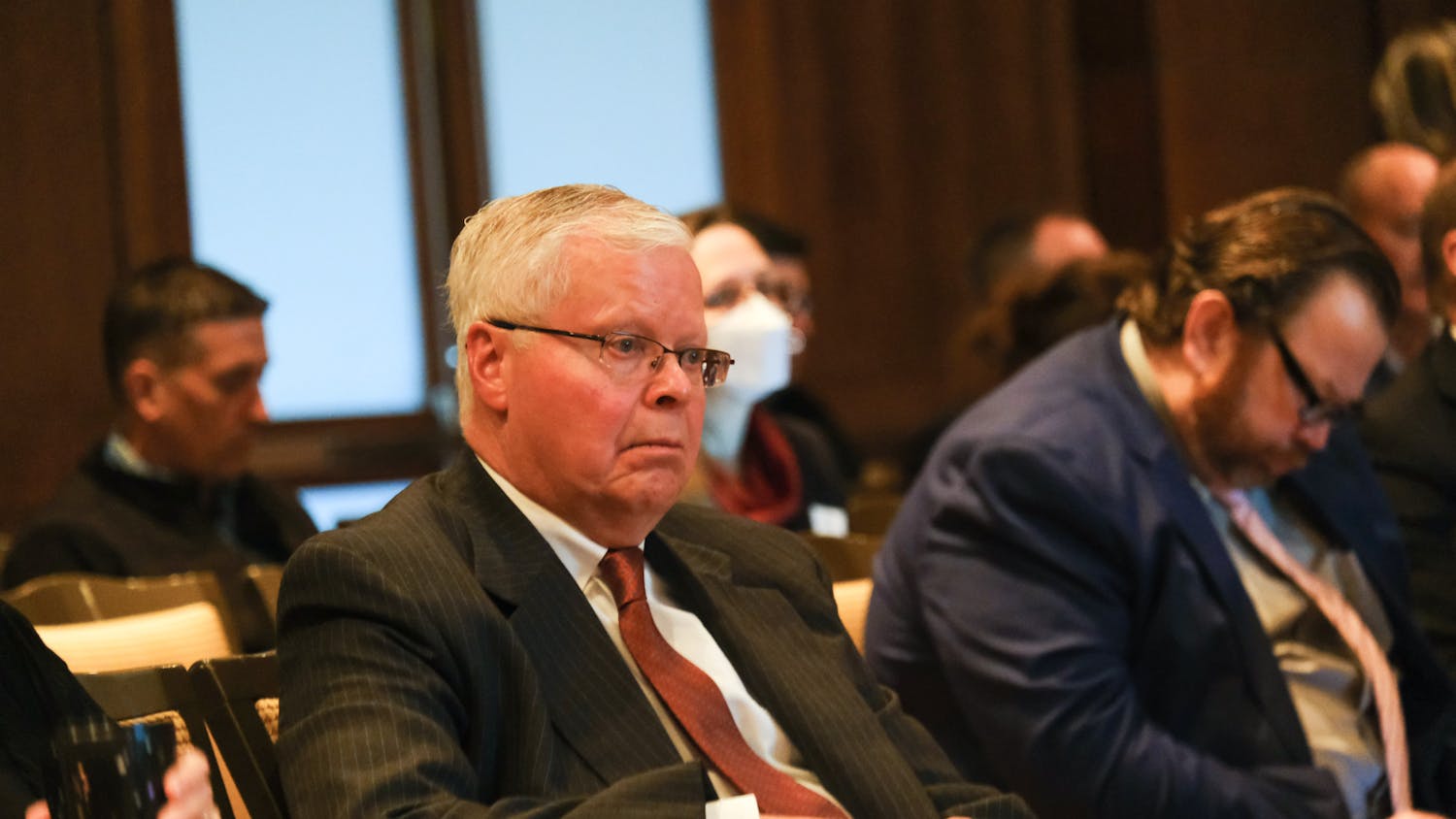The University of Wisconsin-Madison entered “Peace Corps Week” Sunday, maintaining its status as one of the nation’s top producers of volunteers.
Peace Corps Week, which runs from Feb. 23 to March 1, commemorates the founding of the Peace Corps in 1961. UW-Madison ranks as the second highest university producer of volunteers, with the university holding the 1st or 2nd spot more than 15 times. In 2024, the Peace Corps announced UW-Madison had produced 2,766 volunteers since the organization’s creation.
However, President Donald Trump’s recent executive orders, such as the Order on Reevaluating and Realigning United States Foreign Aid that imposed a 90-day pause for review on all foreign assistance, cast the future of such programs into doubt.
The Peace Corps is funded through the Small Project Assistance (SPA), a partnership with USAID, and continues to operate equity and inclusion (DEI) programs, though they are impacted by new orders impacting hiring and diversity. UW-Madison Peace Corps recruiters referred comment on the situation to university communications, who said the university does not have additional information or an institutional reaction.
While the Peace Corps is a separate entity from the U.S. State Department and not included on a list of 2,600 agencies that the Trump administration targeted for scrutiny in January, Trump attempted to slash Peace Corps funding during his first term, and current volunteers have voiced apprehension as to their future.
By promoting agriculture, community economic development, health and more in over 60 countries, UW-Madison said the Peace Corps embodies the Wisconsin Idea, a university principle that education should influence people’s lives beyond the classroom and signifies the university’s commitment to public service and knowledge at a global level.
“These volunteers build ties with the communities they serve, creating lasting relationships that strengthen global connections for years to come,” former UW-Madison Chancellor Rebecca Blank said.
USAID spending was less than 1% of the 2023 federal budget, comprising roughly $38.1 billion. Since 2000, over $58 million in USAID funds have enabled the SPA program to support the Peace Corps, an annual average of roughly $14.5 million, which goes to grant projects, training activities, and field-level program support.
Since 1983, SPA funding has allowed the Peace Corps to reach more than 30 million local community members in 115 countries. USAID funding through SPA grant projects generated an additional $36 million in local community and third-party contributions.
Attempts to dismantle USAID by Trump and the Department of Government Efficiency remain under review due to a lawsuit filed by two foreign service unions. U.S. District Judge Carl Nichols issued a temporary restraining order preventing the Trump administration from putting USAID employees on administrative leave, reinstatement of some 500 USAID workers from administrative leave and ordering that no USAID employees should be evacuated from their host countries before Feb. 14 at 11:59 p.m.
Amid these decisions and UW-Madison’s long history of Peace Corps involvement, any cuts could impact alumni and the global communities they serve. The long-term fate of USAID funding remains uncertain, and effects will be felt not just in Washington and Madison, but worldwide, where thousands rely on initiatives for development and humanitarian support.






